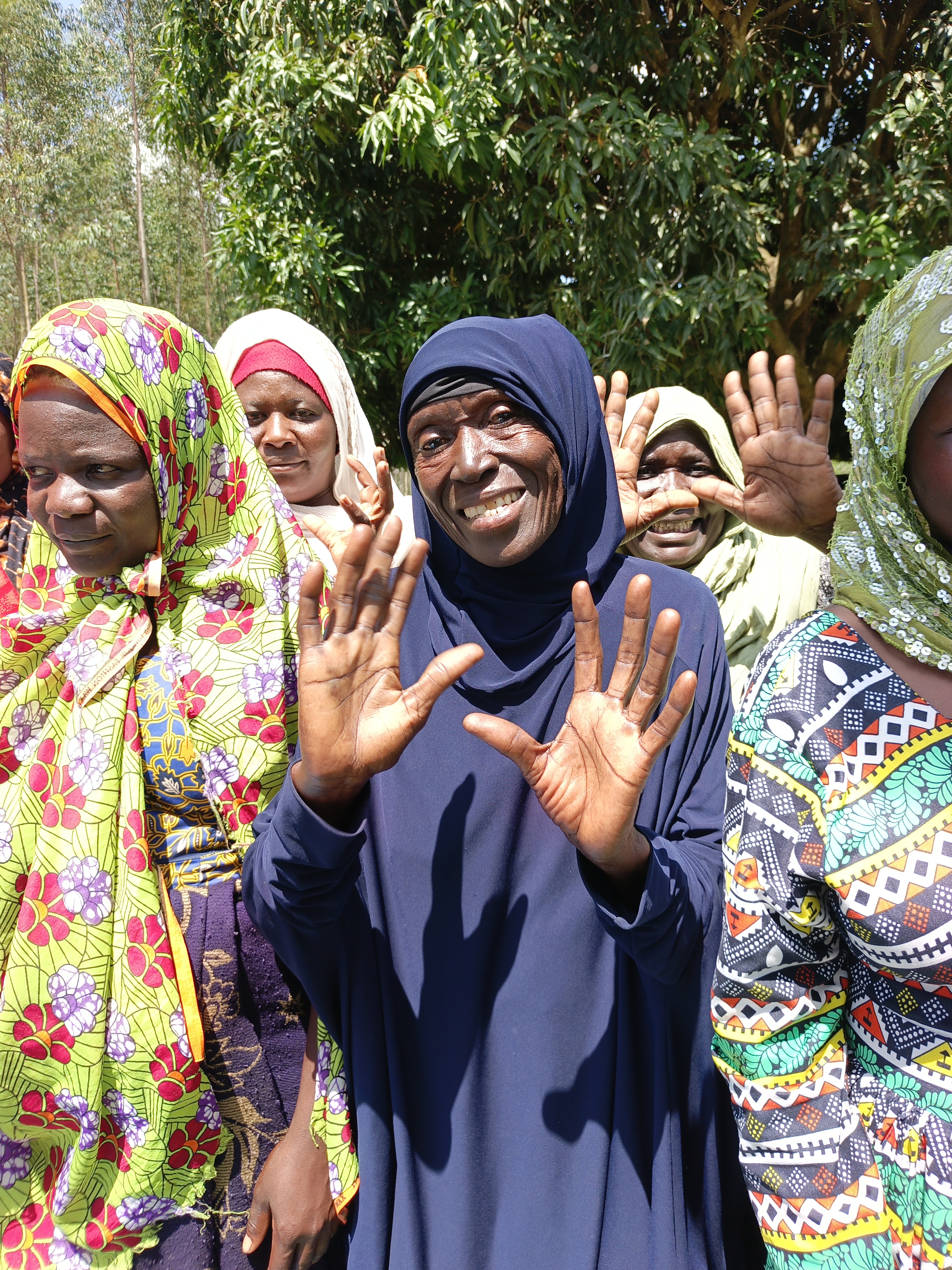The Legacy of Compassion Lives On
A Legacy of Accountability and Compassion
Feeding the Needy: A Sacred Obligation
"And they give food, in spite of love for it, to the needy, the orphan, and the captive, (saying, 'We feed you only for the sake of Allah."
- Surah Al-Insan:76:8–9
Feeding the hungry in Islam is not an act of generosity, it's a sacred duty.
The Prophet ﷺ taught us:
"The best of you are those who feed others."
- Musnad Ahmad
"He is not a believer whose stomach is filled while his neighbor goes hungry."
- Sahih al-Bukhari
Today's Reality: The Pot Still Boils
Why Mothers Are Central to This Mission
The Story of Umar ibn al-Khattab (RA) and the Empty Pot
The story of Umar ibn al-Khattab (RA) feeding hungry children is more than history, it's a legacy of responsibility. Today, in Gaza, Uganda, and beyond, mothers still boil empty pots. The fire is real. The hunger is real. And our duty, as an Ummah, is still the same: to feed, with love, for the sake of Allah ﷻ.
Key Lessons from Umar (RA):
-
Personal responsibility for every hungry soul
-
Carrying your own burden of charity
-
Restoring dignity through compassionate action
-
Staying until the need is fully met
The Islamic Perspective on Feeding the Hungry
Islam places feeding the hungry as one of the highest forms of worship. The Prophet ﷺ emphasized this repeatedly:
"Whoever feeds a hungry person, Allah will feed him from the fruits of Paradise."
- Tirmidhi
"The believer's shade on the Day of Resurrection will be his charity."
- Tirmidhi
"Charity extinguishes sin as water extinguishes fire."
- Tirmidhi
These teachings show that feeding the hungry is not optional—it's a fundamental part of our faith.
Modern-Day Hunger Crisis: Where We Stand
Gaza Crisis
Siege and famine have made food a luxury. Families survive on minimal rations, with children going days without proper meals.
East Africa
In Uganda and Congo, entire villages wait for relief under the scorching sun. Drought and conflict have devastated food supplies.
South Asia
In Sri Lanka and Bangladesh, poverty has made daily meals impossible for millions of families.
Lebanon
Economic collapse has left widows and families making do with little, or nothing at all.
The Role of Mothers in Bearing Hunger's Burden
The Prophet ﷺ told us that Paradise lies beneath the feet of mothers, yet in crisis zones, it is mothers who bear the heaviest burden.
How Mothers Suffer:
-
They hide their own hunger to feed their children first
-
They carry the weight of war, poverty, and displacement silently
-
They boil empty pots to calm restless children
-
They endure daily, endlessly, without complaint
When we feed a family, we do more than fill a plate. We ease a mother's burden. We give her back the dignity to feed her children in her own way.
What You Can Do: Following Umar's Example
Take Personal Responsibility
Like Umar (RA), see yourself as personally responsible for every hungry soul. Don't delegate your duty of charity.
Feed with Dignity
Don't just give food—restore dignity. Support families through our emergency food programs in Gaza, Uganda, and beyond.
Stay Until the Need is Met
Like Umar (RA), stay committed to the cause. Regular donations ensure families don't go hungry day after day.
The Legacy Continues: Your Role in the Story
The story of Umar ibn al-Khattab (RA) is not just history—it's a call to action for every Muslim today.
The pot still boils. The children still cry.
But now, you can be the one who answers their call.
When you donate to feed the hungry, you're not just giving charity—you're continuing the legacy of Umar (RA). You're showing that the Ummah still cares, still acts, still remembers its duty to the vulnerable.
Remember:
-
Every meal you provide is an act of worship
-
Every family you feed restores dignity
-
Every donation continues Umar's legacy
The question is not whether hunger exists—it does. The question is: Will you be the one who answers the call?

